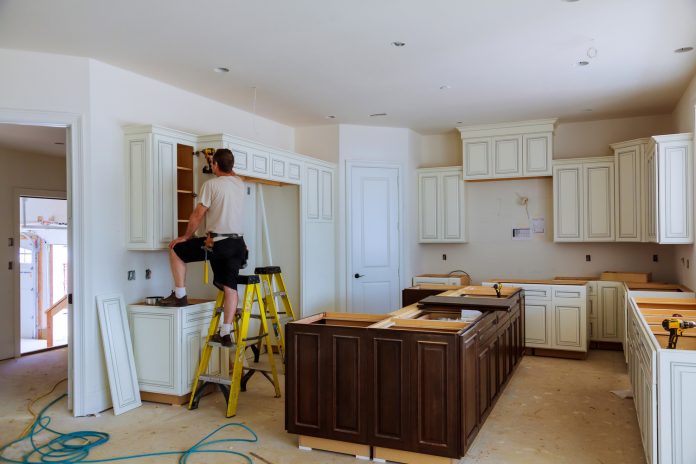Kitchen makeovers are a popular home improvement project for homeowners looking to add value to their homes or simply refresh their living spaces. However, understanding the new kitchen cost and the intricacies of kitchen remodel remodeling can be daunting. This guide aims to provide an insight into the costs associated with kitchen and remodeling, helping you plan your kitchen renovation effectively.
1. Cost of materials
One of the most significant costs associated with kitchen remodeling is the cost of materials. This includes everything from cabinets and countertops to flooring and appliances. Depending on the quality and type of materials you choose, you could be looking at a substantial portion of your budget. For instance, granite countertops can cost anywhere from $40 to $200 per square foot, while laminate countertops are typically less expensive, ranging from $20 to $50 per square foot.
2. Labor costs
Labor is another significant cost in kitchen remodeling. This includes the cost of hiring professionals such as plumbers, electricians, carpenters, and painters. According to HomeAdvisor, the average labor cost for a kitchen remodel is around $25 to $35 per square foot. However, this can vary widely depending on the complexity of the project and the rates of the professionals you hire.
3. Design and planning costs
Before you start tearing down walls and installing new cabinets, you’ll need to spend some time (and money) on design and planning. This may involve hiring a kitchen designer or architect to help you create a functional and aesthetically pleasing layout. The cost for this service can range from $500 to $3000, depending on the complexity of the design.
4. Permit and inspection costs
Depending on where you live and the extent of your kitchen remodel, you may need to obtain permits and pass inspections. The cost for permits can range from $200 to $800, while inspection fees can add an additional $100 to $500 to your budget.
5. Unexpected costs
Finally, it’s important to budget for unexpected costs. This might include everything from discovering mold or asbestos during demolition to needing to upgrade your electrical system to accommodate new appliances. A good rule of thumb is to set aside 10-20% of your total budget for unforeseen expenses.
In conclusion, kitchen remodeling can be a significant investment, but with careful planning and budgeting, it can also be a worthwhile one. By understanding the potential costs involved, you can create a realistic budget and plan for a successful kitchen renovation.


